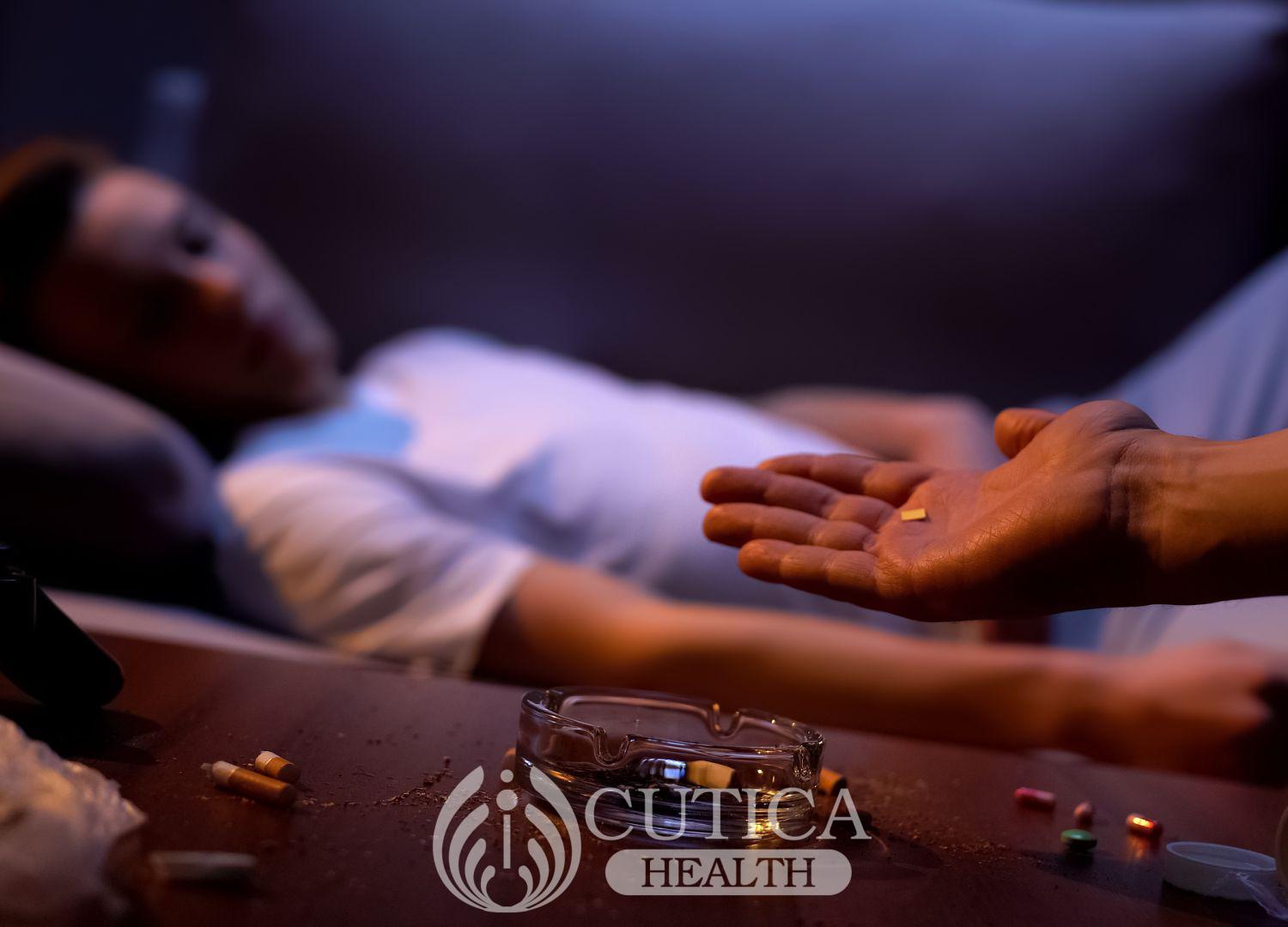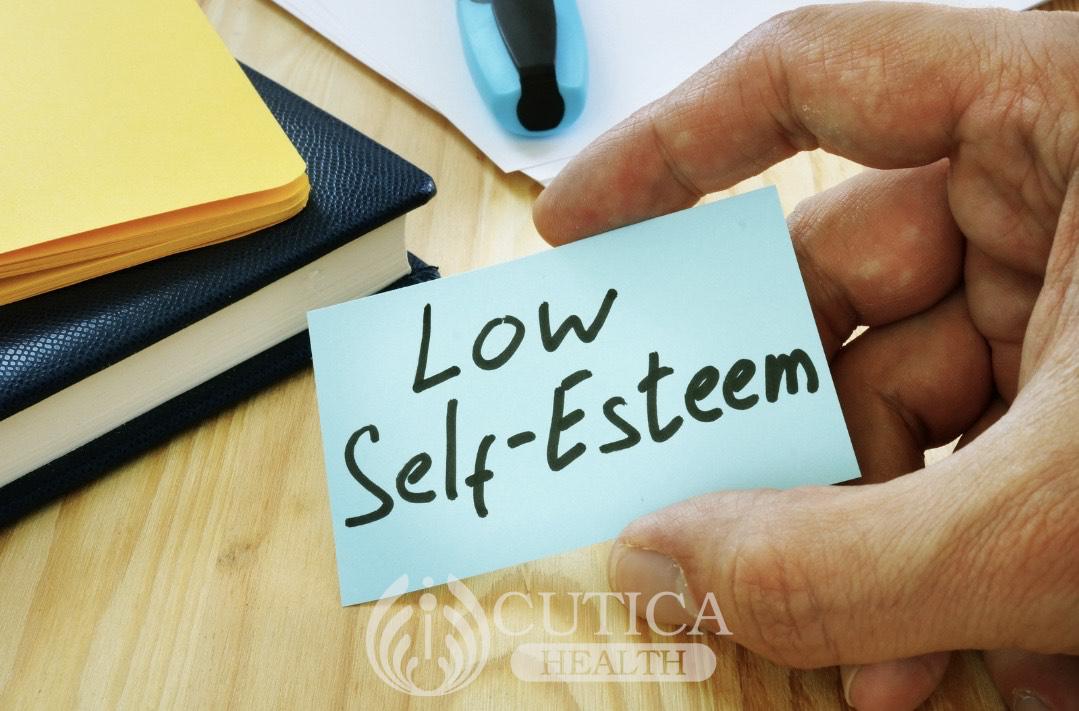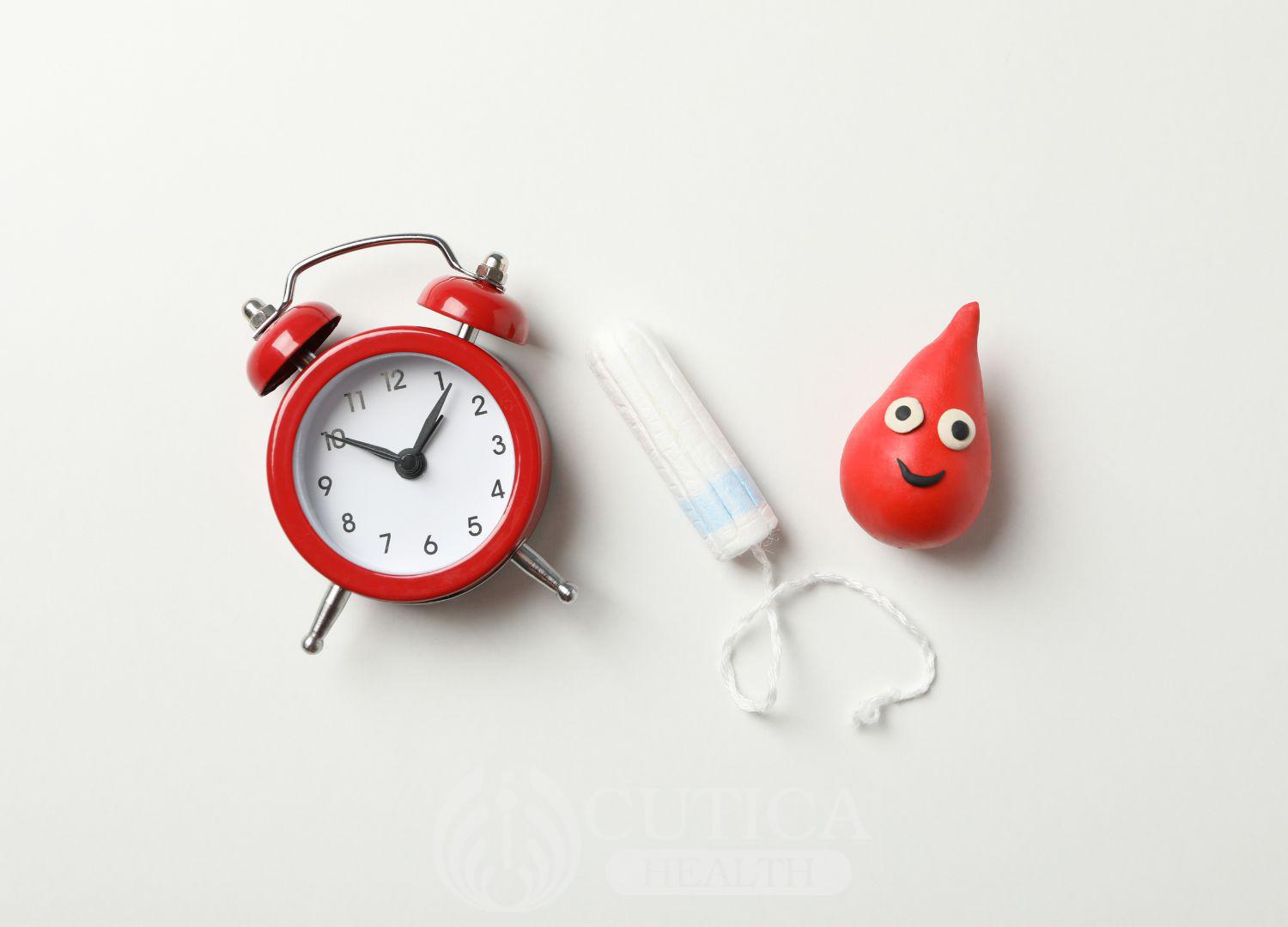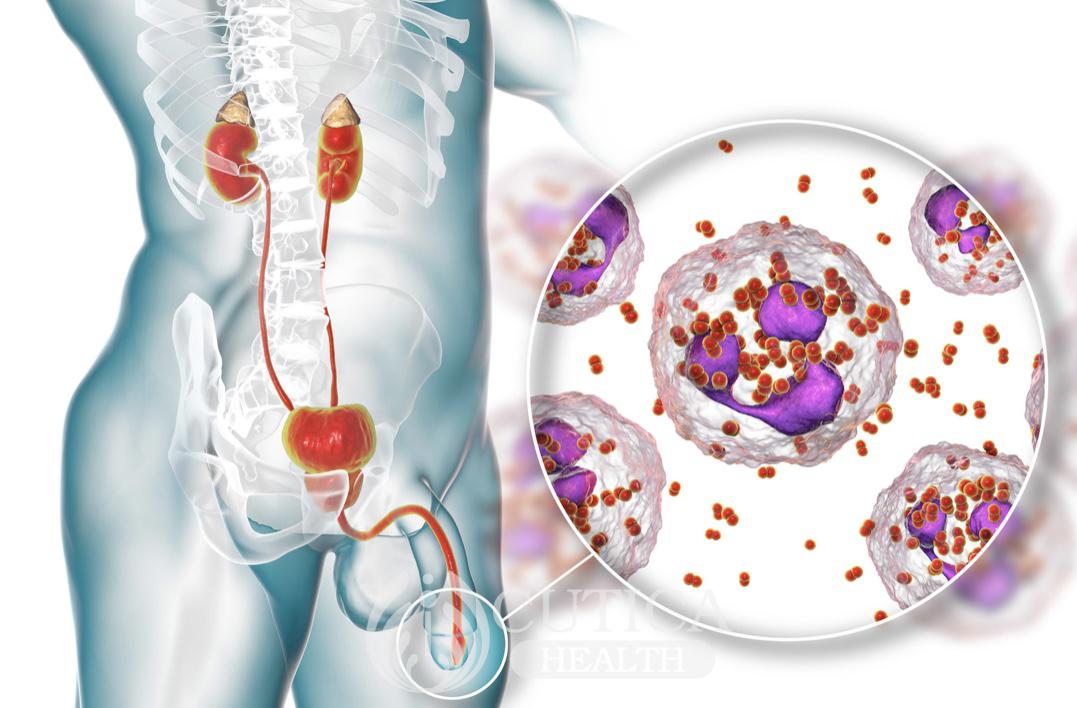
As we move closer to the International Youth Day on the 12 th of August, there is one issue that remains a global burden affecting young people: drug abuse. While drug abuse affects people of all ages, it is becoming more prevalent among teens and young people. This snowballs into social, economic, and medical problems that affect us all.
Why do teens misuse drugs?
It is no longer rare to see teens indulging in psychoactive substances such as heroin, cocaine, and cannabis in so-called “crack houses,” clubs, and even within school premises. Many schools are increasingly reporting a high incidence of drug sales and use within their premises. But the question is why?
Across all age groups, the reasons are nearly the same. In teens, however, these factors may be a little more pronounced.
- Family history of drug abuse: A home where a parent or both parents indulge in alcohol and drug abuse is a favorable environment for such behavior in a child. Further, such environment does not provide support for a teen who would love to quit drug abuse.
- Mental Health Condition: Having a mental health problem including depression or anxiety could push people to using drugs to cope with their symptoms. Further, the stigma that comes with these psychological problems may push some teens to taking solace in psychoactive drugs.

- Low-Self Esteem: Social rejection or the need for social validation could force some teens to using psychoactive substances. If many teens in a school indulge in these substances, other teens mayuse them too just to fit in. This is a form of peer pressure.

- Traumatic experiences: Teens who had faced traumatic experiences in the past may use drugs and other substances to cope with the intruding thoughts and the psychological impact of the experience.
Complications of Drug Use
Drug abuse complications occur in a spectrum, impacting the social, economic, and health aspects of a person’s life. Some of these consequences include:
- Drug dependence, which could see the person using more and more of a psychoactive drug to gain the same level of euphoria. This often leads to dangerously high levels of the drug in the body, causing addiction and overdose.
- Risky social activities: To feed their dependence and addiction, teens may find themselves stealing from others and even their parents to get money to buy these drugs.
- Poor school performance: Drug dependence robs a child or teen of concentration on their studies or work. Academic performance drops drastically as the drugs drive their minds and take their attention.
- Accidents: Using drugs impairs concentration, attention, and balance. After using these drugs in parties and clubs, teens could be involved in road accidents because of driving under the influence.

Health risks: The health risks of drug abuse are numerous and include strokes, heart attacks, seizures, liver failure, heart failure, kidney problems, and long-term psychotic behaviors.
Solving Teen Drug Abuse
Solving teen drug abuse begins at home. Parents must take this responsibility and do the following:
- Educate your teen proactively about the dangers of drug abuse. Do not be silent about this topic even if they do not use them. Ask them what they think about drug use, and educate them accordingly.
- Address social media use: Teens often get much of their motivation from what they see other teens do. With the rise in social media use and easy access to information online, teens could easily be influenced by drug use habits online. Monitor how your teen uses social media and help them choose what to pay attention to.
Lead by example: Your teen may unlikely listen to you educating them about drug abuse if you use these drugs yourself. Set a good example for your teen to follow.
- Know your teen’s friends and routine: Pay attention to who and what your teen spends time with. If your teen’s friends use drugs, it may only be a matter of time before they use too.

Seek professional help: If your teen is involved in drug use, you cannot solve that on your own; seek professional help from a licensed mental health expert to redirect your teen and help them overcome this addiction.












